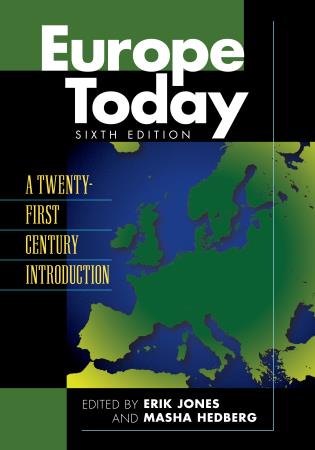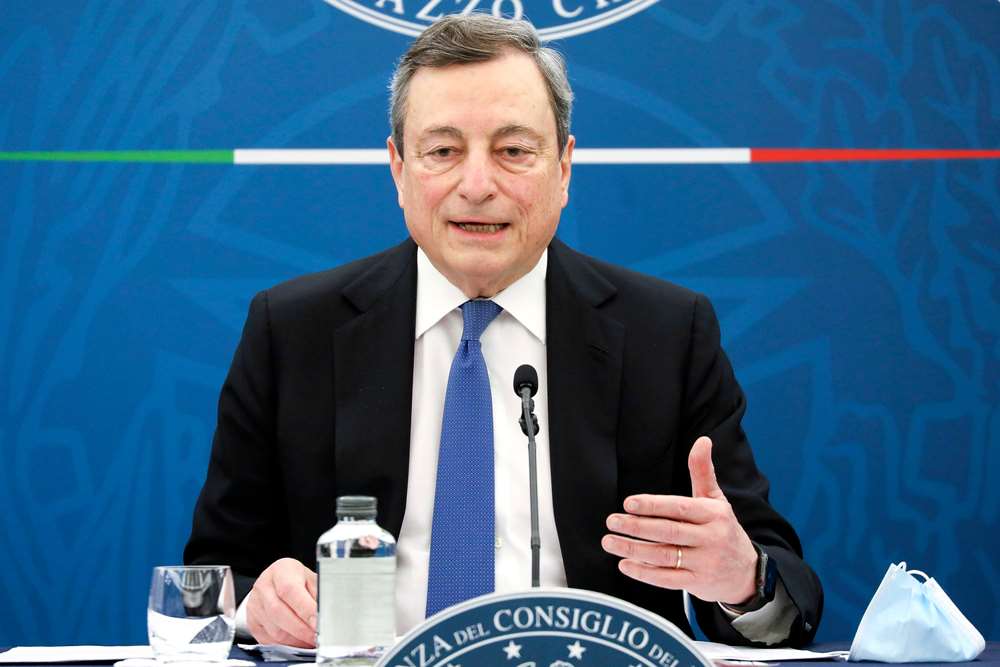European politics is changing, and fast. But the significance of that change is hard to appreciate without a deep understanding of ‘Europe’, meaning its history, politics, culture, and economics. Unfortunately, so much of what we ‘know’ about Europe is based on caricatures and stereotypes. (The same is no doubt true for the rest of the world as well. I blame the demise of area studies, but that is another conversation.) This edited volume — called Europe Today and published by Rowman & Littlefield — can help shed important light.
Continue reading →








